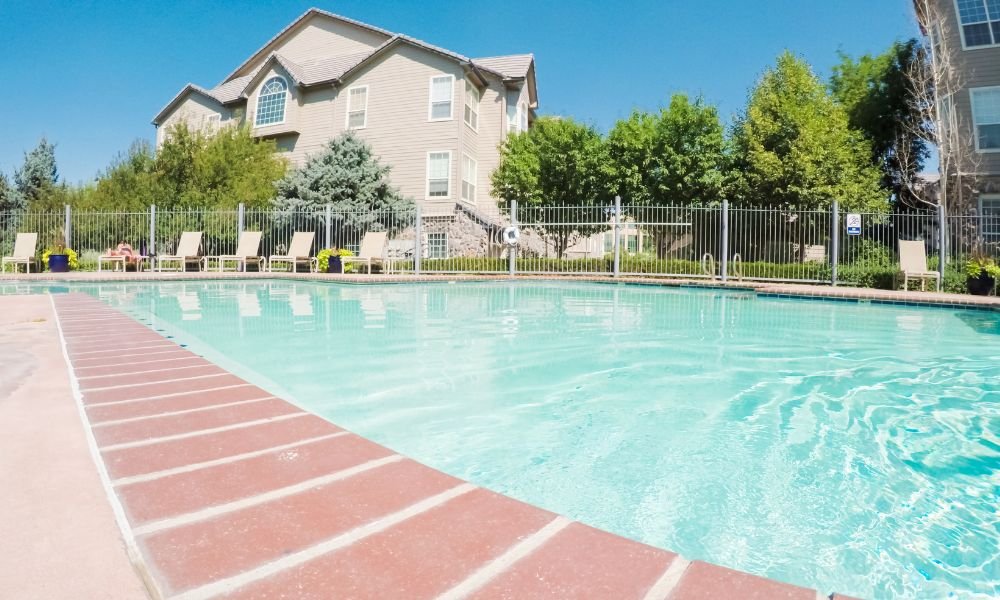Apartment complex pools are a luxury amenity many potential tenants look for. A community pool provides residents with exercise, social, and entertainment opportunities, all within convenient reach. However, along with providing myriad benefits, pools also create lots of security and safety risks.
Ensuring the safety of residents and guests at apartment complex pools is a significant concern for property managers and homeowners’ associations. A safe pool environment provides peace of mind, enhances the community experiences, and reduces liability. Improve the safety of your apartment complex pool by implementing a couple of essential precautions.
1. Install High-Quality Fencing
Proper fencing is the first line of defense regarding pool safety. A sturdy, climb-resistant fence with a self-closing, self-latching gate ensures that children and pets cannot access the pool area unsupervised. Fences also keep unwanted guests and critters out of the pool area, providing residents with a comfortable and safe space to enjoy swimming or lounging. The fence should be at least four feet high and should not have any gaps or openings that are wide enough for a small child to squeeze through.
2. Ensure Constant Supervision With Lifeguards
While not all apartment complexes employ lifeguards, having trained professionals on duty can dramatically improve pool safety. Lifeguards can respond to emergencies, enforce rules, and maintain an environment where dangerous behaviors are less likely to occur. If hiring lifeguards isn’t feasible, consider implementing a “swim at your own risk” policy, instructing adult tenants to accompany children in the pool, and encouraging people not to swim alone.
3. Regular Maintenance and Safety Equipment Checks
Regular maintenance of the pool and its surrounding area can prevent accidents caused by slippery surfaces or faulty equipment. Applying anti-slip coatings on pool decks, regularly testing water quality to prevent infections, and maintaining clear drains to avoid entrapments are all essential measures. It’s also crucial to have life-saving equipment such as lifebuoys, ropes, and first aid kits readily accessible and in good condition.
4. Enforce Strict Pool Closing Hours
Enforcing specific pool closing hours is critical for resident safety. Without supervision, swimming after dusk can lead to an increased risk of accidents as visibility lowers. Closing the pool at a reasonable hour ensures that all activities occur with adequate light and supervision. Strict enforcement of these hours also discourages unauthorized use and maintains a secure environment.
For added safety, it is essential to close the pool immediately when lightning strikes and during severe weather. Lightning injuries come in many forms—most of which involve water exposure and contact. Enforcing temporary closures for inclement weather encourages people to remain safe and sheltered indoors.
Swimming pools are a cherished amenity in apartment communities, but their enjoyment comes with a responsibility to maintain high safety standards. With these safety precautions, property managers can create a safer environment that allows residents to relax and have fun. Implement these protocols and improve the safety of your apartment pool.
